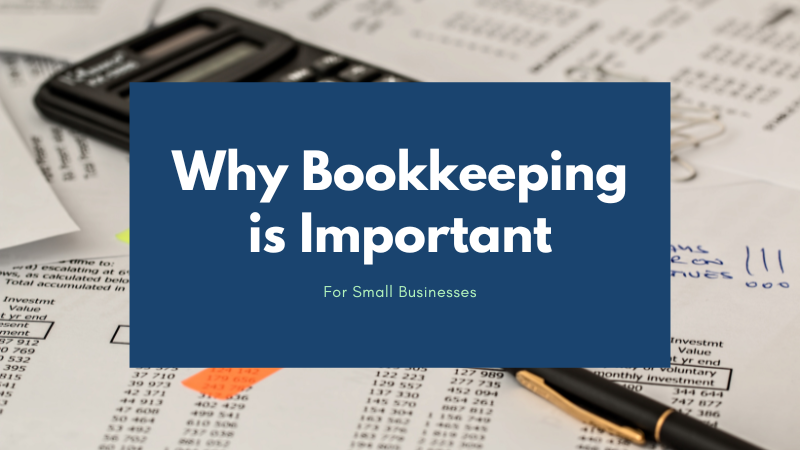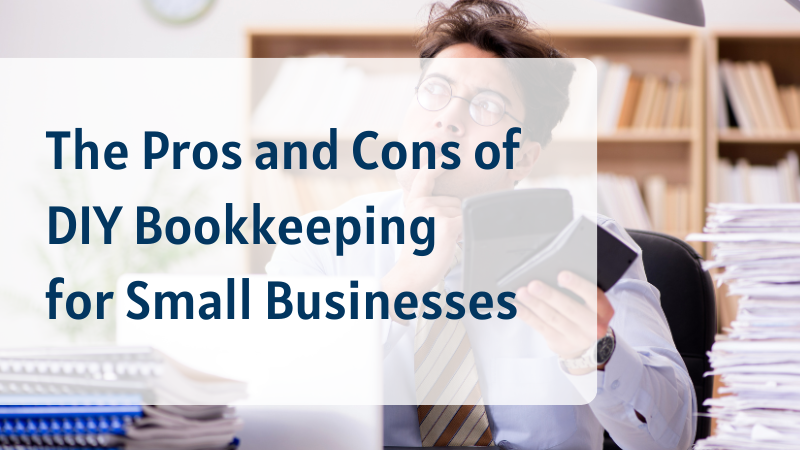
What is a Virtual Bookkeeper?
Simply defined, a virtual bookkeeper is a bookkeeper who does their tasks online. They work remotely and can work anywhere with a stable internet connection. Because they aren’t required to be physically present where their clients are, virtual bookkeepers can often serve businesses around the world.
What Does a Virtual Bookkeeper Do?
A virtual bookkeeper does everything a traditional bookkeeper does, except work is done virtually using accounting software. The typical tasks of a virtual bookkeeper may include:
- Recording day-to-day transactions
- Tracking income and expenses
- Handling accounts payable and receivable
- Reconciling bank statements
- Preparing financial statements
Some of the tools commonly used are accounting software like Xero, QuickBooks Online, and MYOB. Communication is usually done via email, Zoom, Skype, or other apps.
Benefits of Hiring a Virtual Bookkeeper
Because hiring in-house bookkeepers can sometimes be costly, the rise of virtual bookkeepers has made it possible to hire someone without breaking the bank. They offer the flexibility to hire as and when needed and the ability to scale up or down bookkeeping services depending on a client’s needs.
Another significant benefit of hiring a virtual bookkeeper is the time saved. Business owners can focus on other aspects of the business instead of spending hours on tedious bookkeeping tasks.
Speaking of time, there’s one not so obvious advantage: business owners can hire a bookkeeper to work while they sleep! This means that transactions during the day can be recorded by the bookkeeper at night so keeping the books updated and ready for the next day.
Who Should Consider Hiring a Virtual Bookkeeper?
Almost any type of business can benefit from virtual bookkeeping but it is especially suitable for the following:
Small businesses and startups
Since funds are usually limited for small businesses just starting out, it can be cost-efficient to hire an virtual bookkeeper instead of hiring in-house. With virtual bookkeeping, business owners can save on salaries, benefits, and office space while still getting professional help with their books.
Freelancers and consultants
Freelancers and consultants often wear multiple hats, juggling client work, marketing, and administrative tasks. A virtual bookkeeper can handle the time-consuming financial tasks like invoicing, tracking expenses, and reconciling accounts, leaving them more time to focus on delivering services to their clients.
E-commerce businesses
Since e-commerce businesses often operate across multiple countries and time zones, the ability of virtual bookkeepers to provide support for international sales and foreign currencies is beneficial.
Virtual bookkeepers also use advanced tools that can sync with various e-commerce platforms to streamline financial processes and improve accuracy. On top of that, their flexible working hours makes it easier to handle business needs from anywhere in the world.
What to Look for in a Virtual Bookkeeper
When hiring a virtual bookkeeper, check that they have the necessary qualifications and skills. They should at least have basic accounting knowledge and must be proficient in the accounting software that you choose to use. Each accounting software company has its own certification so it’s a good idea to check if a bookkeeper has them.
Communication skills are also important. If you plan on hiring a bookkeeper from overseas, you must at least share a common language, usually English. This will make discussing things like your work agreement and any concerns regarding your books easier.
Conclusion
I hope this blog post was able to clarify what a virtual bookkeeper is and provide information on how they can help your business.
In summary, a virtual bookkeeper offers a flexible, cost-effective, and dependable solution for managing your financial tasks remotely. Whether you’re a freelancer, small business owner, or e-commerce entrepreneur, partnering with a virtual bookkeeper can save you time and money while staying on top of your finances.


